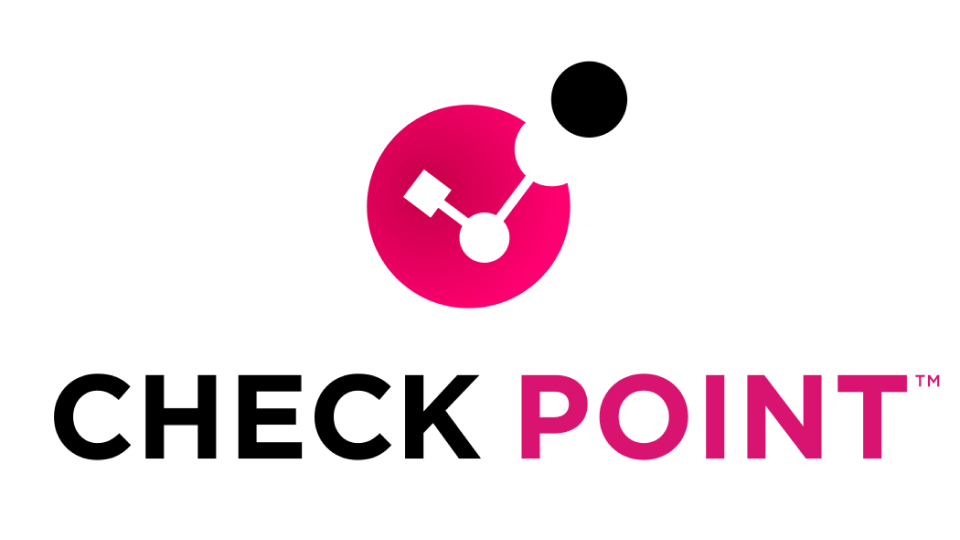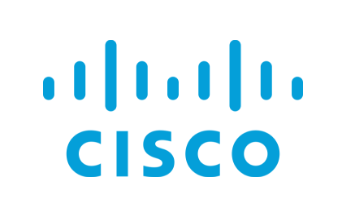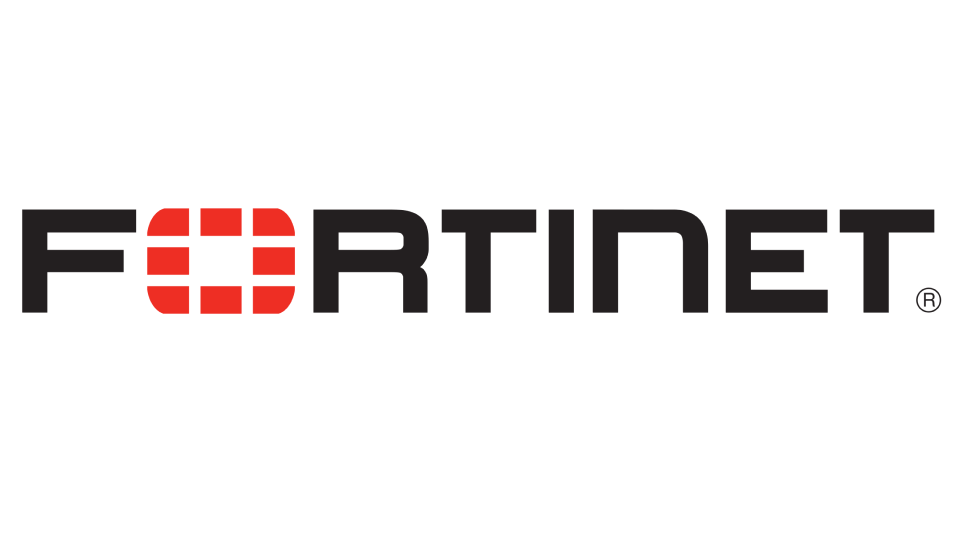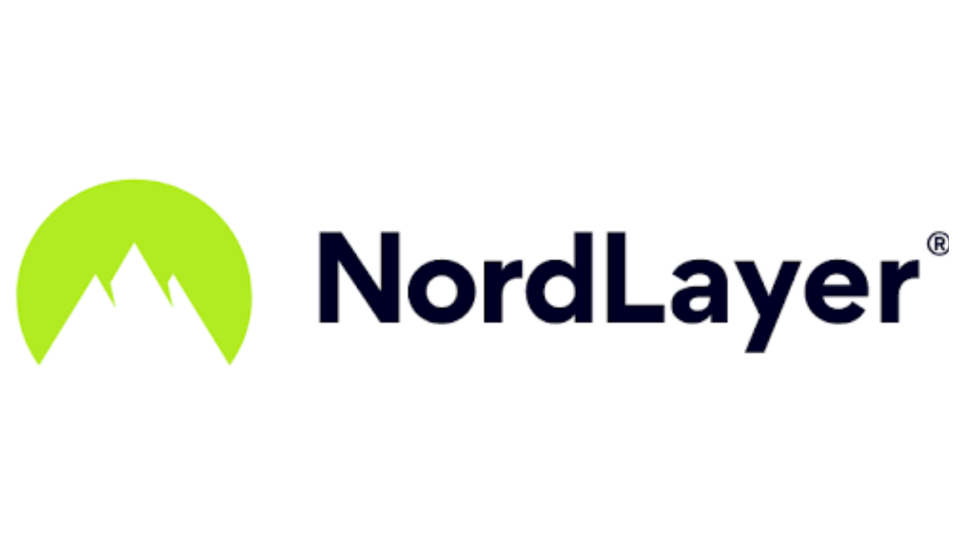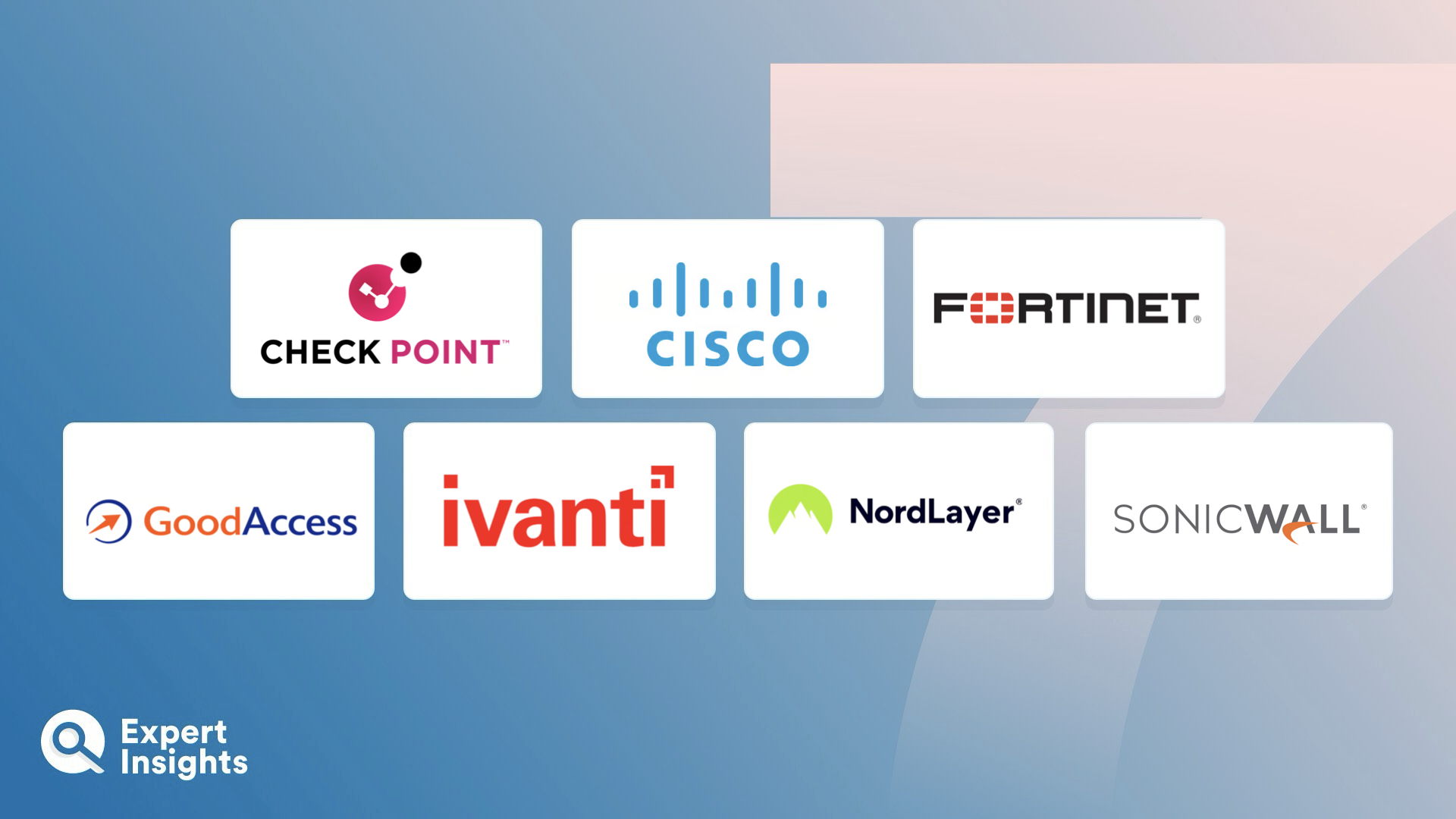Desktop Virtual Private Network (VPN) solutions enable users to securely access the internet or connect to a private network from their desktop, protecting their data from potential threats. Using a VPN provides multiple benefits such as secure access to geographically restricted content, encrypting your data to maintain privacy, and hiding your IP address for anonymous internet usage.
A VPN ensures that all data is encrypted, keeping a user’s online activity private and secure. This is true for private and public Wi-Fi networks. This can protect your sensitive information, such as bank details or emails, from being stolen. A desktop VPN is typically easy to use, once set up the user just has to click ‘connect’ to start using the VPN. This will ensure that all their online activity is kept secret from malicious actors, as well as internet marketeers and even your internet service provider.
The VPN market is competitive, with many providers offering strong solutions and diverse feature sets. They often include features like kill switch for dropped connections, multi-device compatibility, no-logs policy, and robust customer support. This guide will explore the top desktop VPNs based on features, security and privacy measures, speed, user-friendly interfaces, and overall impression.



